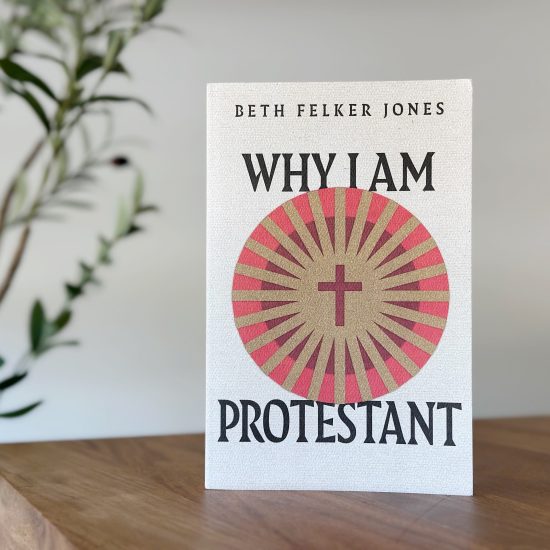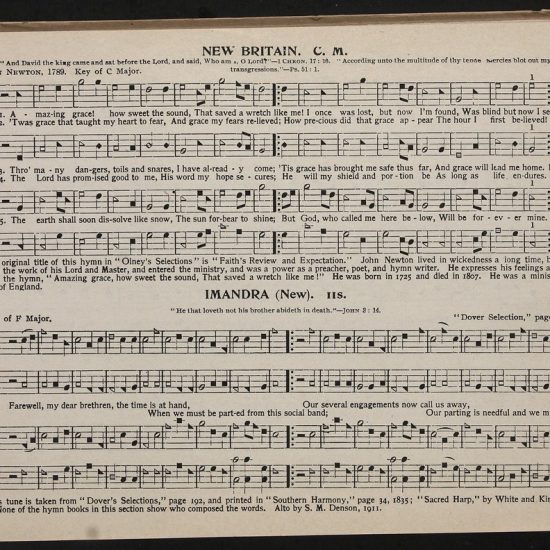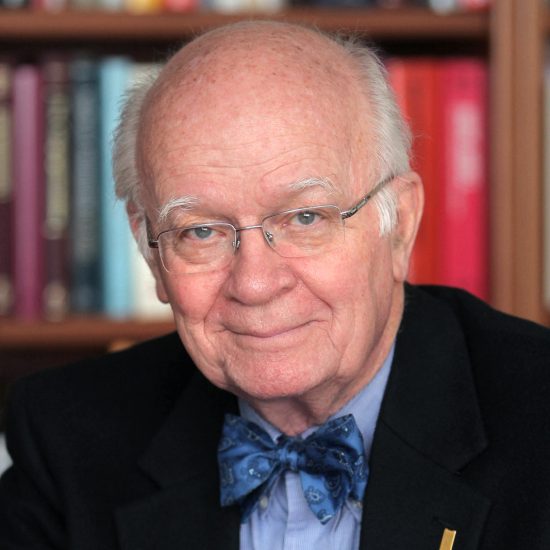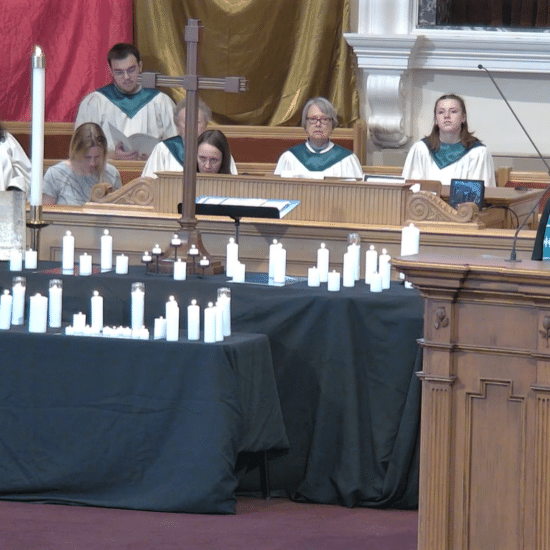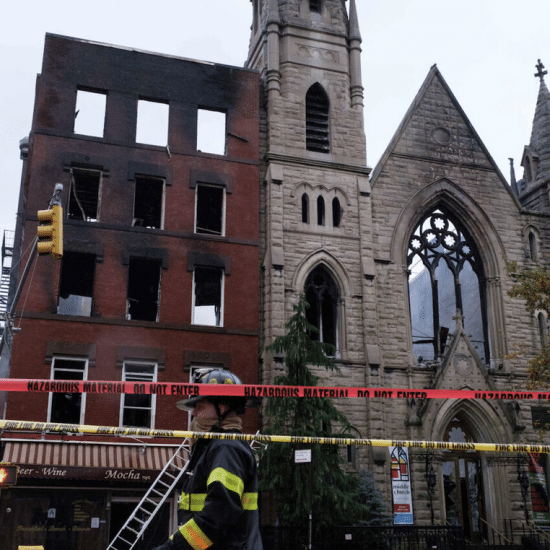
This is why I am doing my best to make sure that each of you remembers all of this after I am gone. – 2 Peter 1:15 (CEV)

Ken Satterfield
Recently I saw that Missouri State University’s Special Collections and Archives is asking those in their community to share experiences related to the pandemic for future researchers.
How anyone could we ever forget this? And yet, we often plan on writing, photographing, or recording our experiences, but then the moment passes, we never get around to it, and the memories fade.
John Schmalzbauer, MSU’s Professor of Protestant Studies, was recently interviewed for our podcast about the 1918 flu pandemic. He found materials to help tell that story from our own archives (tinyurl.com/WW-archives), sharing how Word&Way reported and commented on the disease’s impact on churches and society.
While many times it takes an anniversary, birth, or calamity (ABC) to inspire gathering and preserving history, there is no best time – though there are a lot of worst times. Your history is continually subject to disaster, decay, death, dementia, or drive failure.
Here’s what to do:
Look for a timeline. Normally, archiving history does not land on the top of the priority list unless there is an ABC kind of reason (and sometimes, despite that). Having an endgoal in mind can start the ball rolling.
Establish a policy. This guides what is (and is not) collected because you can’t save everything. It should be consistent yet flexible and reflect identified priorities. Also, will your history reflect the history and culture of the community? How will it be displayed or shared?
 Start gathering. Begin with the church facilities and members to see what you already have, including membership records, minutes, newspaper articles, programs, items, pictures, and recordings – remembering to observe your policy. Then widen the net by publicizing the search, contacting the families of deceased members and that church secretary who moved away, local library and historical centers, and media outlets.
Start gathering. Begin with the church facilities and members to see what you already have, including membership records, minutes, newspaper articles, programs, items, pictures, and recordings – remembering to observe your policy. Then widen the net by publicizing the search, contacting the families of deceased members and that church secretary who moved away, local library and historical centers, and media outlets.
Organize. What have you gathered? Inventory it. Then look for a narrative that best tells your church’s story: timeline, topics, leadership, or as a part of your community’s story.
Preserve. Newspaper fades and formats change. What steps will help materials last in formats that can be accessed in the future?
Listen. Some of the best history you have is contained in the minds and stories of members. Interview and record individuals, current and past staff, and even groups.
Share. Most people will not be visiting your website to read a long, dry document. They are much more likely to look at a display or listen to stories and events shared well. Make what you have compelling, interesting, and relevant.
See also:
Word&Way Church Anniversary Resource Checklist (Word&Way)
Caring for Your Treasures (American Institute for Conservation)
Collecting and Preserving Your Church’s History (New York Conference – United Methodist Church)
How to record the history of your church (ResourceUMC)
Agents of Deterioration (Canadian Conservation Institute)
American Baptist Historical Society
Southern Baptist Historical Library and Archives
10 Great Strategies for Church Anniversary Celebrations (Pastor Mentor)
New Life From Old Stories: Anniversary Celebrations That Make a Difference (archived) (Congregational Library & Archives)

